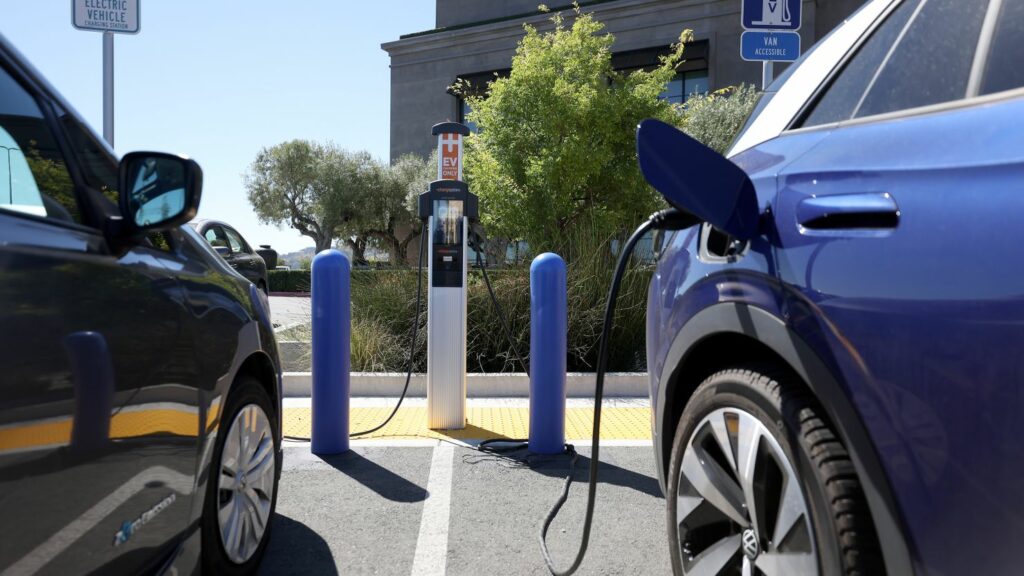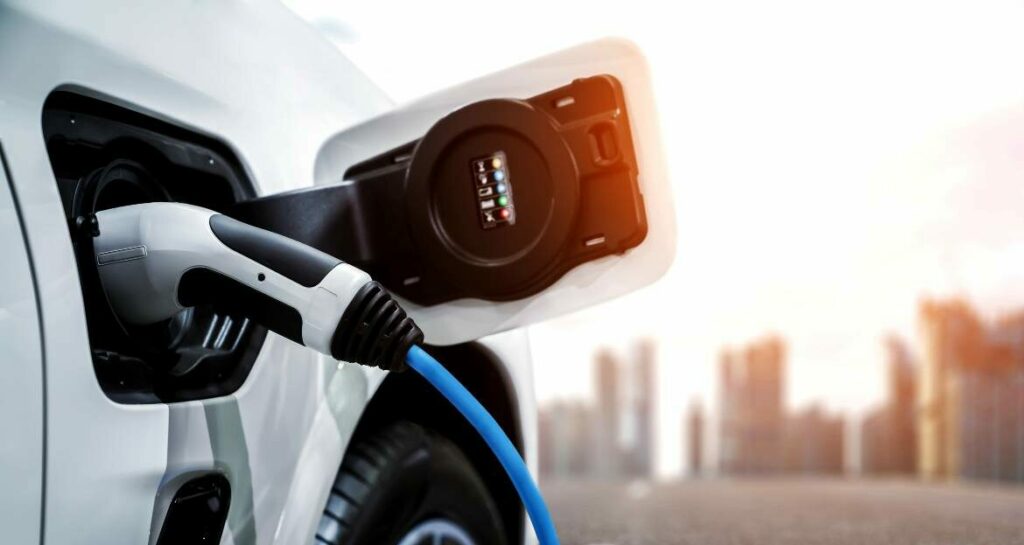In an exceptionally brazen piece of state-funded journalactivism Canada’s CBC, in the middle of bitter cold that threatened to cast doubt on the federal government’s plan to make us all drive EVs whether we want to or not, wrote a “news” story that “Electric cars ‘the best vehicle’ in frigid temperatures, Sask. advocates say”. And when reporters on the government payroll relay the words of activists who just happen to support government policy, who could object? Well, us.
For one thing, Blacklock’s reported last month that Canadians really don’t prefer EVs given a fair choice. Instead:
“Two provinces with the richest rebates for electric vehicles accounted for 74 percent of national sales last year, Department of Transport figures show. The department acknowledged it relied on rebates for ‘increasing the number of zero emission vehicles on the road.’”
And these are not trivial. Quebec’s are up to $7k and BC’s up to $4k… on top of federal “bonuses” to buyers of $5k. The federal ones alone have a total price tag last year of over $280 million dollars (think they’ll keep that up after banning choice?). But otherwise highly competitive.
We will credit the CBC for leading off with the obvious relevant point that:
“With the federal government planning to phase out sales of new gas-powered vehicles during the next decade, many drivers question how they will fare on cold Prairie days like this week’s.”
Then we will pillory it for continuing “But two electric car enthusiasts who chatted with host Leisha Grebinski on CBC's Blue Sky this week say they love driving their vehicles in the winter.” Two? This whole story is about two people, one being Tyler Krause “who sits on the board for the Saskatchewan Electric Vehicle Association” and the other “Matthew Pointer, a founder of” (wait for it) “the Saskatchewan Electric Vehicle Association”?
Doubtless these activists are sincere. But to think the CBC’s choice of them in particular to comment on the issue was random stretches credulity. Even most “experts say” stories seek a bit more persuasive cover.
For instance “Electric pickup trucks are reliable, save environment: experts” from CTV. Its two experts were the “policy director with Electric Mobility Canada” and the “founder of the electrical contracting business Signature Electric”. Though you might also count the guy happy with his electric truck who kicks off the story and “who installs electric vehicle chargers for a living” so clearly has no dog in the fight.
The CBC’s cover peels back further with the subsequent admission in that story that:
“The major downside in winter is the loss of driving range in really frigid temperatures, Krause said. His Tesla Model 3 can generally travel 500 kilometres on a single charge in the summer, but on cold winter days that decreases to around 300 kilometres, he said.”
Mind you an alert, or perhaps smart-alecky commenter on one of our videos pointed out that “If ICE vehicles are making the planet warmer then it could well be that ICE vehicles will actually save EV... how ironic”.
Meanwhile, the CBC also concedes that both men:
“acknowledged that battery-electric vehicles like theirs won't work for all drivers in the province, including anyone who has to travel long distances regularly – particularly in areas of the province with very little charging infrastructure, like northern Saskatchewan.”
But apart from that? Well, be prepared to visit the bee museum or something:
“One thing they'd like to see more of in Saskatchewan is small towns with charging stations. Since a charging session takes longer than a fill-up at a gas station, towns should consider the benefits of having visitors wandering the downtown while they wait, he [Pointer] said.”
In short, if you lived somewhere different and your life were different, if for instance you were a Liberal supporter in a big city in one of the warmer parts of Canada, this car would work for you better than your current one. Pity you don’t.
Actually, it might not matter. Bloomberg recently reported that:
“Hertz to Sell 20,000 EVs in Shift Back to Gas-Powered Cars/ Rental company cites customer demand, costs for fleet change/ Hertz announced large purchase of Tesla vehicles in 2021”
That 20,000 is a third of their entire electric fleet. And the deeper problem is “weak demand and high repair costs”. Which, again, not everyone can afford. Along with the sticker price. And the more rapid depreciation, which will hurt Hertz. Thus in the U.S.:
“EV sales growth slowed sharply over the course of 2023, rising just 1.3% in the final quarter as consumers were put off by high costs and interest rates.”
As is typical, the typical American EV buyer is a rich liberal urbanite. Which didn’t stop The Atlantic’s “Weekly Planet” from insisting that “ELECTRIC CARS ARE ALREADY UPENDING AMERICA/ After years of promise, a massive shift is under way.”
It’s all in the mind, see.



Freightliner called a halt to their electric truck plans last week.
Perhaps in a few more years as Canadians realize that the rest of the planet is on a different path than economic and cultural suicide, public response will be unfavorable to the captured institutions on this trajectory. If not, welcome to Orwell's dystopia.
National Post article linked above says the cheapest EV in Canada is $40,000!Wow!Think the prices are gonna come down?Almost every EV owner I
read about touting their EV neglect to reveal their annual income,nor how much they paid for their EV.Do they have an attached garage at their home,or at least a driveway?Or if in a condo or apt. somewhere on site to recharge said EV?How much for insurance?EV's can work well for someone
who is wealthy,and drives mostly urban.Once you have to recharge away from home,the sky is the limit what these EV things pay to charge up.And
sometimes wait hours.Then there's the human cost outlined clearly in the NP column.And we're becoming more and more dependent on bad actors
like China for the rare metals,etc.Because it takes a decade or more to start up a similar mine in western countries.This will not end well.